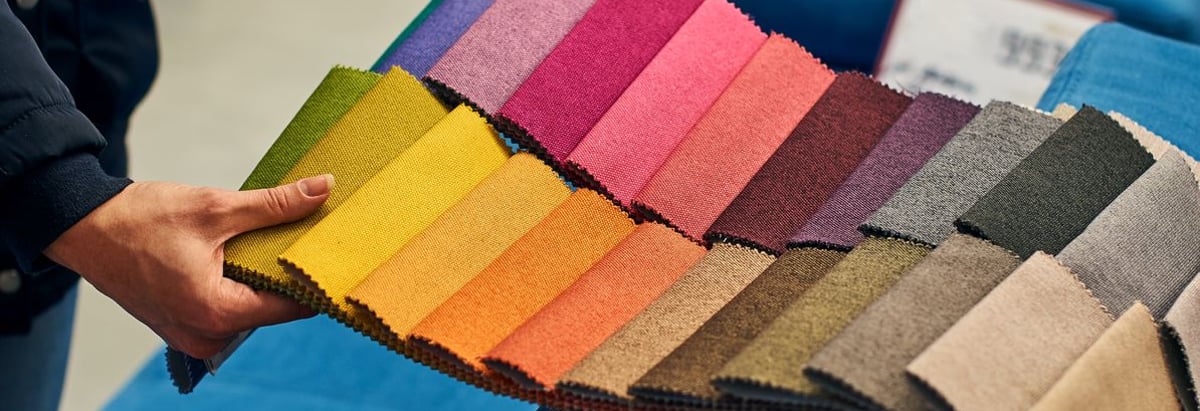
Cathay Consolidated, Inc. (TWSE:1342) stock is about to trade ex-dividend in 3 days. The ex-dividend date generally occurs two days before the record date, which is the day on which shareholders need to be on the company's books in order to receive a dividend. The ex-dividend date is an important date to be aware of as any purchase of the stock made on or after this date might mean a late settlement that doesn't show on the record date. Accordingly, Cathay Consolidated investors that purchase the stock on or after the 20th of March will not receive the dividend, which will be paid on the 16th of April.
The company's next dividend payment will be NT$4.792902 per share. Last year, in total, the company distributed NT$4.80 to shareholders. Looking at the last 12 months of distributions, Cathay Consolidated has a trailing yield of approximately 4.6% on its current stock price of NT$104.00. If you buy this business for its dividend, you should have an idea of whether Cathay Consolidated's dividend is reliable and sustainable. As a result, readers should always check whether Cathay Consolidated has been able to grow its dividends, or if the dividend might be cut.
Check out our latest analysis for Cathay Consolidated
Dividends are typically paid out of company income, so if a company pays out more than it earned, its dividend is usually at a higher risk of being cut. Its dividend payout ratio is 77% of profit, which means the company is paying out a majority of its earnings. The relatively limited profit reinvestment could slow the rate of future earnings growth. We'd be worried about the risk of a drop in earnings. Yet cash flows are even more important than profits for assessing a dividend, so we need to see if the company generated enough cash to pay its distribution. Over the past year it paid out 139% of its free cash flow as dividends, which is uncomfortably high. It's hard to consistently pay out more cash than you generate without either borrowing or using company cash, so we'd wonder how the company justifies this payout level.
While Cathay Consolidated's dividends were covered by the company's reported profits, cash is somewhat more important, so it's not great to see that the company didn't generate enough cash to pay its dividend. Were this to happen repeatedly, this would be a risk to Cathay Consolidated's ability to maintain its dividend.
Click here to see how much of its profit Cathay Consolidated paid out over the last 12 months.

Have Earnings And Dividends Been Growing?
Businesses with strong growth prospects usually make the best dividend payers, because it's easier to grow dividends when earnings per share are improving. If earnings decline and the company is forced to cut its dividend, investors could watch the value of their investment go up in smoke. For this reason, we're glad to see Cathay Consolidated's earnings per share have risen 17% per annum over the last five years. Earnings have been growing at a decent rate, but we're concerned dividend payments consumed most of the company's cash flow over the past year.
Many investors will assess a company's dividend performance by evaluating how much the dividend payments have changed over time. Cathay Consolidated has delivered an average of 16% per year annual increase in its dividend, based on the past five years of dividend payments. Both per-share earnings and dividends have both been growing rapidly in recent times, which is great to see.
Final Takeaway
Should investors buy Cathay Consolidated for the upcoming dividend? Earnings per share growth is a positive, and the company's payout ratio looks normal. However, we note Cathay Consolidated paid out a much higher percentage of its free cash flow, which makes us uncomfortable. In summary, while it has some positive characteristics, we're not inclined to race out and buy Cathay Consolidated today.
If you want to look further into Cathay Consolidated, it's worth knowing the risks this business faces. Every company has risks, and we've spotted 1 warning sign for Cathay Consolidated you should know about.
A common investing mistake is buying the first interesting stock you see. Here you can find a full list of high-yield dividend stocks.
New: AI Stock Screener & Alerts
Our new AI Stock Screener scans the market every day to uncover opportunities.
• Dividend Powerhouses (3%+ Yield)
• Undervalued Small Caps with Insider Buying
• High growth Tech and AI Companies
Or build your own from over 50 metrics.
Have feedback on this article? Concerned about the content? Get in touch with us directly. Alternatively, email editorial-team (at) simplywallst.com.
This article by Simply Wall St is general in nature. We provide commentary based on historical data and analyst forecasts only using an unbiased methodology and our articles are not intended to be financial advice. It does not constitute a recommendation to buy or sell any stock, and does not take account of your objectives, or your financial situation. We aim to bring you long-term focused analysis driven by fundamental data. Note that our analysis may not factor in the latest price-sensitive company announcements or qualitative material. Simply Wall St has no position in any stocks mentioned.
About TWSE:1342
Cathay Consolidated
Operates as a contract manufacturer of technical fabrics and finished goods in Taiwan.
Excellent balance sheet with acceptable track record.
Similar Companies
Market Insights
Community Narratives


